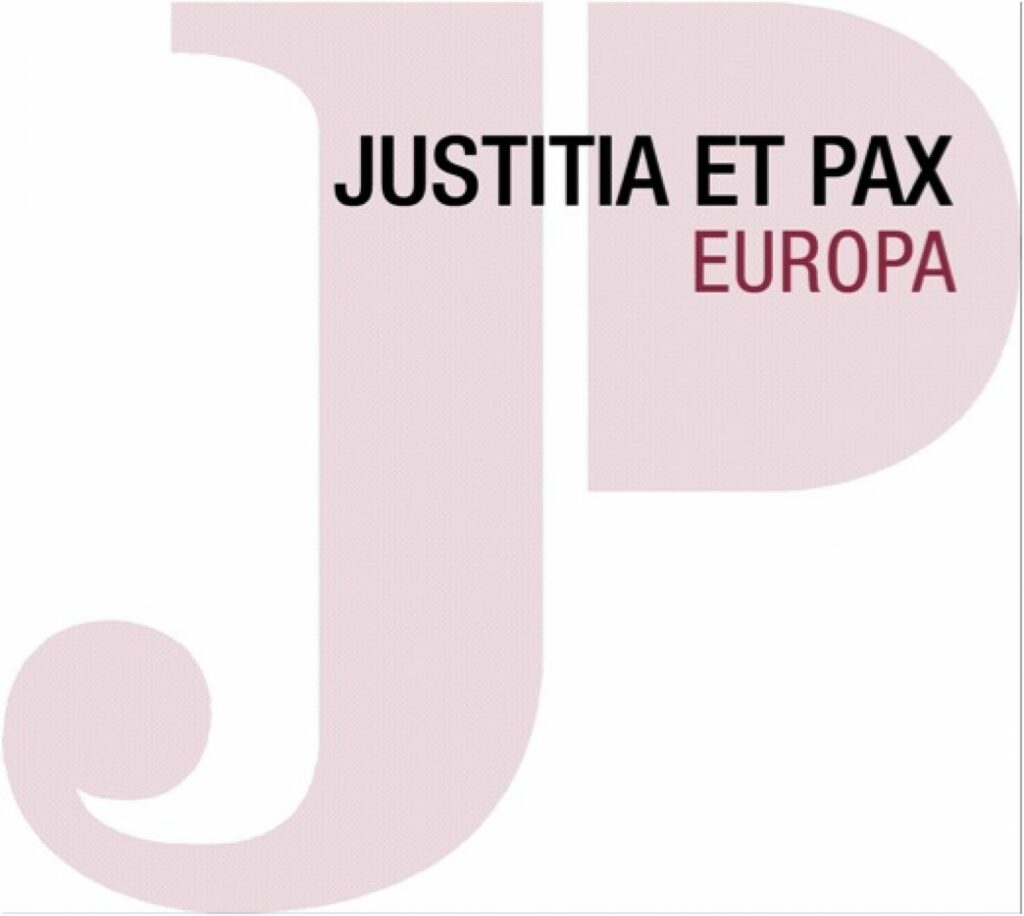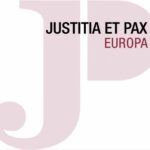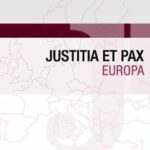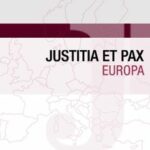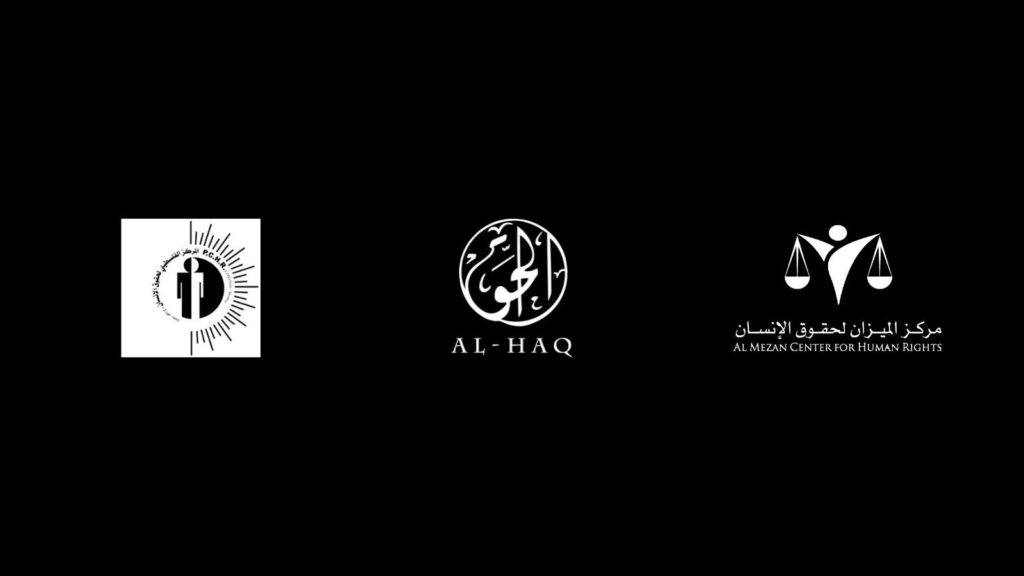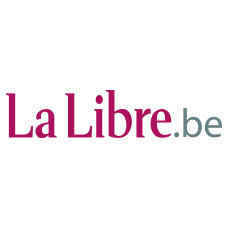Final Statement of the International Workshop of the Conference of European Justice and Peace Commissions, 11-14 October 2019, Bratislava/Slovakia
Europe Living Together – Lessons From Slovakia
Peace, Justice And Truth After The Fall Of The Iron Curtain
With the fall of the iron curtain we believed that freedom was achieved. 30 years later we see that freedom, justice and reconciliation involve more than removing iron curtains. We now realise freedom is a never-ending project upon which we must work everyday.
We have learned that listening to the stories, especially the painful stories, of those who have suffered and taken risks, is the starting point for freedom. Freedom though is only possible with a real and deep process of reconciliation and the possibility of forgiveness. In the case of Slovakia we have learned that truth telling and justice for those who were the victims under the communist regime is critical to a free society, which respects the inherent value and dignity of each human being.
For example, former political prisoners suffer due to a lack of acknowledgement of their sacrifices for freedom and these people do not have a liveable pension. Further, individuals, who were part of the communist regime, are still shaping society today. The lack of legal prosecution of crimes of communism, limits the ability to create a free, just and socially cohesive society.
Although the barbed wired borders of communist times have been removed, there are other borders, which confront us. In the example of Slovakia, there are many social inequalities like that of an aging population who feel isolated due to a lack of sufficient personal and infrastructural support. Further, 16% of the population lives in poverty, including single parent families and families with more than three children who are at high risk. The Roma community is also a challenge of freedom. Because of discrimination, the Roma have difficulties in accessing education, health care services, social housing and employment. The solution is not just financial; it requires the building of community. A further example is the situation of Migration – immigration as well as emigration – and rising nationalism, challenges of the gift of freedom.
The challenges we described are not solely for Slovakia, but these are issues for Europe as a whole. We are all facing problems with poverty and exclusion, migration and dealing with past injustices. We need to work together in solidarity to find common solutions to these challenges of freedom. As Church we orient ourselves on the belief that every human being is made in the image of God. Thus, each person must be respected and their freedom protected, especially protecting the freedom of the poor and those who are disadvantaged, excluded and underprivileged. As Justice and Peace Europe, we have learned from the European experience of totalitarianism, that Freedom of speech, belief, property and movement are crucial to acknowledging the image of God in every person. Based upon these values we see our role as Justice and Peace Commissions of Europe to challenge and encourage the Church, governments, civic groups and every citizen to promote peace, justice and truth. This must be done at individual level of listening and relationship building but also at the structural level of government and public policy making. In particular, education (i.e. the teaching of history and its impact on today) as well as the promotion of critical thinking and safe spaces for dialogue are essential for a free Europe defined by human rights, reconciliation and solidarity.
Bratislava, 14.10.2019
